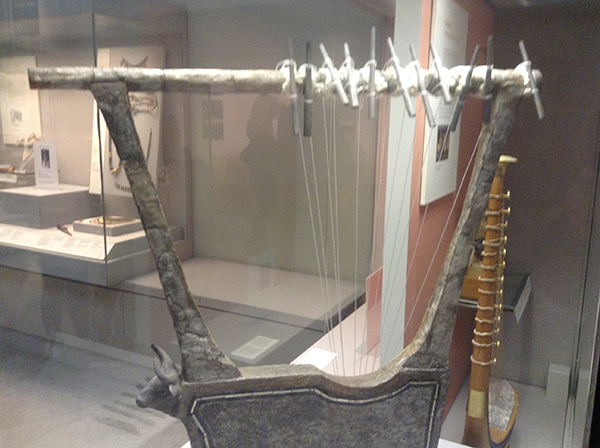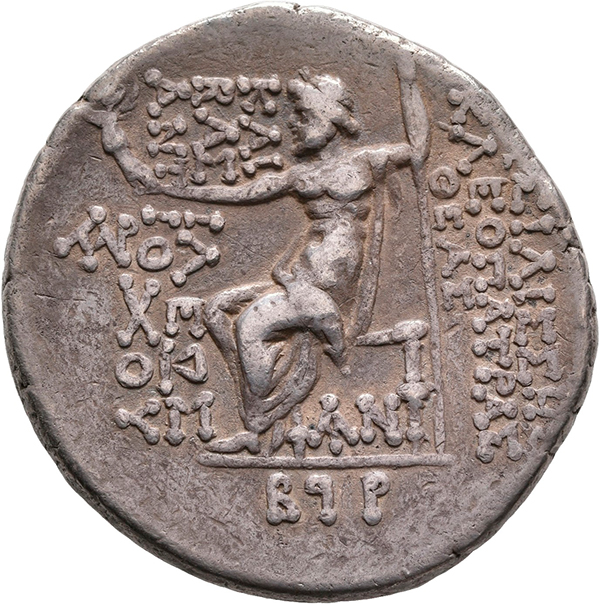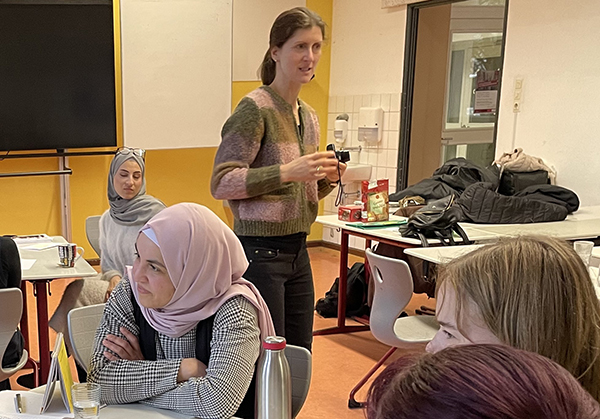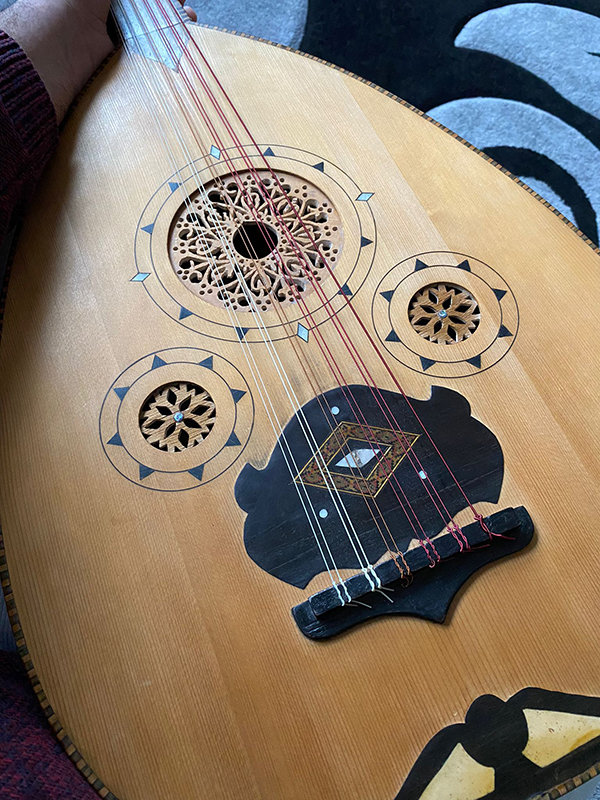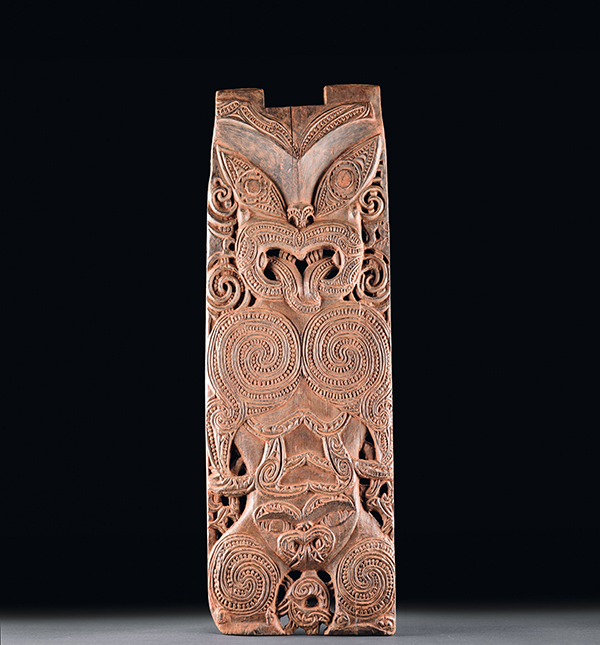By Oula Mahfouz Active assisted dying is prohibited in Germany. No one is allowed to administer a lethal drug to another person because they want to end their life. Islam forbids assisted dying in almost all cases. At the University Hospital in Tübingen, a Muslim counselling team can also provide advice on these issues. In Germany, however, there are cases of assisted dying that are permitted by law: passive assisted dying, i.e. the renunciation of life-prolonging measures such as artificial nutrition or artificial respiration. Indirect assisted dying is also permitted, i.e. measures to alleviate pain that may result in the… Read More
Category: News In English
Candles – source of light and social significance
By Youssef Kanjou and Abdul Baset Kannawi Candles are considered one of the oldest methods of lighting in the history of civilisations, and their use was not limited to illumination or obtaining light alone. Over time, religious and social relationships developed between candles and people, which are reflected in many practices, rites and habits. With the mastery of fire around 500,000 years ago, people living at that time were able to illuminate the darkness of the night and caves. This light could also be transported using wood shavings or torches. Humans also had primitive lamps from around 40,000 years ago.… Read More
Khadijah, the first wife of the Prophet Muhammad—an extraordinary biography
By Oula Mahfouz and Abdul Baset Kannawi Non-Muslims hardly know anything about Khadijah bint Khuwaylid (born around 556; died around 619), the first wife of the Prophet Muhammad and at times his boss. Muslims and Muslim women, on the other hand, are well informed about the central female figure in Christianity: Mary, the mother of Jesus. Like Muhammad, Jesus is considered a prophet in Islam and his life and that of his mother are written about in the Koran. Maryam (Mary) is even mentioned there thirty times and there is a separate sura named after her. Studying the biography of… Read More
Time travel through the oldest music: from the world’s first instruments in southern Germany to the oldest song in Syria
By Michael Seifert and Youssef Kanjou We know nothing about the beginning of music. In the traditional myths of the peoples, music is given to humans by the gods and used in cult rituals and incantations. The famous founder of the biological theory of evolution, Charles Darwin, put forward the theory that music originated as an imitation of animal sounds, especially bird calls. The ethnological study of the music of primitive peoples suggests that, before the use of instruments, music initially consisted of singing and drumming on objects and was associated with rhythmic dance. The oldest preserved musical instruments created… Read More
Integration and ancient coins
In 2021, Tübingen-based coin researcher Stefan Krmnicek began publishing texts on ancient coins in tuenews INTERNATIONAL. Since then, nine articles have appeared in German, English, Arabic, Persian and some in Ukrainian. The translations and journalistic support were provided by the tuenews INTERNATIONAL editorial team. Four articles published in Arabic alone in 2021 attracted a strikingly high level of attention with around 74,000 views and the Persian versions with around 50,000 views. The article on a tetradrachm of Antiochus I from Seleucia on the Tigris emerged as the frontrunner. Perhaps its popularity is linked to a love story from antiquity depicted… Read More
Mesopotamia: the sources of the first advanced civilizations threaten to dry up
By Sameer Ibrahim and Michael Seifert The Tigris and Euphrates rivers are among the largest rivers in the world and have numerous large and small tributaries. This makes Iraq one of the few countries that has a large amount of water despite its small area. The control of the rivers and the irrigation of the landscape were the decisive factors for the emergence of the first civilizations in human history in Mesopotamia. Starting in Anatolia, people settled here for the first time and developed agriculture and animal husbandry. City states and kingdoms emerged. This required the invention of writing and… Read More
About homesickness and a second home
By Ute Kaiser Lobna Alhindi has recurring nightmares. In them, the Syrian woman sits in a rubber dinghy with her young son, as she did at the end of 2014—on a hasty flight from Turkey to Greece. What the tuenews INTERNATIONAL employee and her colleagues Oula Mahfouz and Batool Hadous reported at Wildermuth-Gymnasium got under the skin of the eleventh-graders on the social studies course. Joseph, who has already spoken to refugees on the bus, in cafés or at events, had a new experience: talking to someone who „fled in a rubber dinghy“. He wasn’t the only one who was… Read More
About the millennia-old musical tradition of the Arabic oud
By Sameer Ibrahim The oud is a short-necked lute that is considered one of the most important musical instruments in the Arab world. The oldest depiction of an oud can be found on an ivory vessel from Córdoba in Andalusia, Spain, dated to the year 868. Preliminary forms of the instrument already existed in Mesopotamia during the Akkadian period around 2350 B.C. Similar instruments were also used in ancient Persian and Syrian culture. The musician and “singer with the sweet voice”, Ziryab (789-857), came from Baghdad to Andalusia and founded the world’s first music school in Córdoba. He is said… Read More
Particularly vulnerable: queer refugees in the district of Tübingen
By Ute Kaiser The very first time they meet, they make a statement: The rainbow flag is stuck to the cover of the service mobile phone. It symbolises a “protected space”, says Steffen Müller-Mychajliw from the specialist service for refugees at the Tübingen district office. The refugee sitting opposite him or other employees of the specialist service can rest assured: “The counselling is anonymous, open and characterised by trust and acceptance,” says Müller-Mychajliw in an interview with tünews INTERNATIONAL. He is the head of the Tübingen regional team and the contact person for all colleagues from the specialised service on… Read More
Unique ancestral image of the Maori: from New Zealand to Tübingen
By Michael Seifert A globally unique wooden stele from the Maori culture in New Zealand is currently on display to the public for the first time in the Tübingen City Museum. The 32 x 90 centimeter carving is a Poupou (pronounced PaU-PaU) and represents a female ancestor figure. The famous British navigator and explorer James Cook brought it back with him from a voyage to England in 1771, during which he searched for the fifth continent, Australia, on behalf of the English king. Around 100 years earlier, Dutchmen had been the first Europeans to set foot on New Zealand, but… Read More




